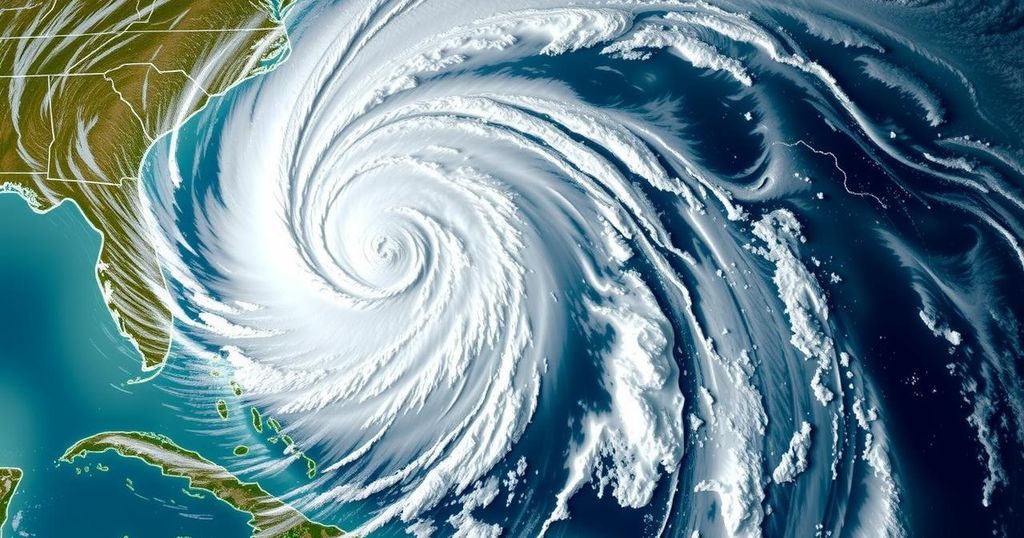Global news
Technology
ALICE, ATLANTIC, ATLANTIC OCEAN, BERMUDA, COLOMBIA, EVACUATIONS, FACEBOOK, HISPANIOLA, HURRICANE, JONATHAN ERDMAN, LIL, NATURAL DISASTER, NORTH AMERICA, POWER OUTAGES, PUERTO RICO, RAIN, SOUTH AMERICA, THE WEATHER CHANNEL, WEATHER, WEATHER CHANNEL, WEATHER. COM
Leila Ramsay
0 Comments
The Uncommon December Hurricane: A Look Back at Hurricane Lili
On December 20, 1984, Hurricane Lili was upgraded from a tropical storm while following a unique path in the Atlantic. It later weakened to a tropical depression before dissipating near the Dominican Republic, leaving minimal impact. Historically, December hurricanes are quite rare, with few having affected land since the mid-19th century.
Hurricane season conventionally concludes by late December, but on December 20, 1984, meteorologists were monitoring an active hurricane in the Atlantic. Tropical Storm Lili had initially formed northeast of Bermuda, following an unusual, U-shaped trajectory over eight days. Upgraded to hurricane status on December 20, Lili issued a hurricane watch for Puerto Rico and the Virgin Islands, but soon succumbed to stronger shear winds, dissipating by Christmas Eve near the Dominican Republic, where it primarily caused rain and squalls.
Historically, December hurricanes are uncommon, with only six recorded since the mid-19th century according to NOAA. Most of these storms remained in the central Atlantic and did not impact land, with the exception of Hurricane Alice, which struck in early January 1955. The rarity of hurricanes during this time emphasizes the significance of Lili in December 1984, demonstrating the unpredictable nature of tropical weather patterns even late in the year.
In conclusion, the case of Hurricane Lili exemplifies that while hurricane season typically ends by December, anomalous storms can still occur. The phenomenon of late-season hurricanes is rare, reinforcing the necessity for vigilant monitoring and preparedness for coastal regions, particularly in the Caribbean. Lili’s trajectory and ultimate decline serve as a reminder of the dynamic and changing nature of our weather systems.
Original Source: weather.com




Post Comment